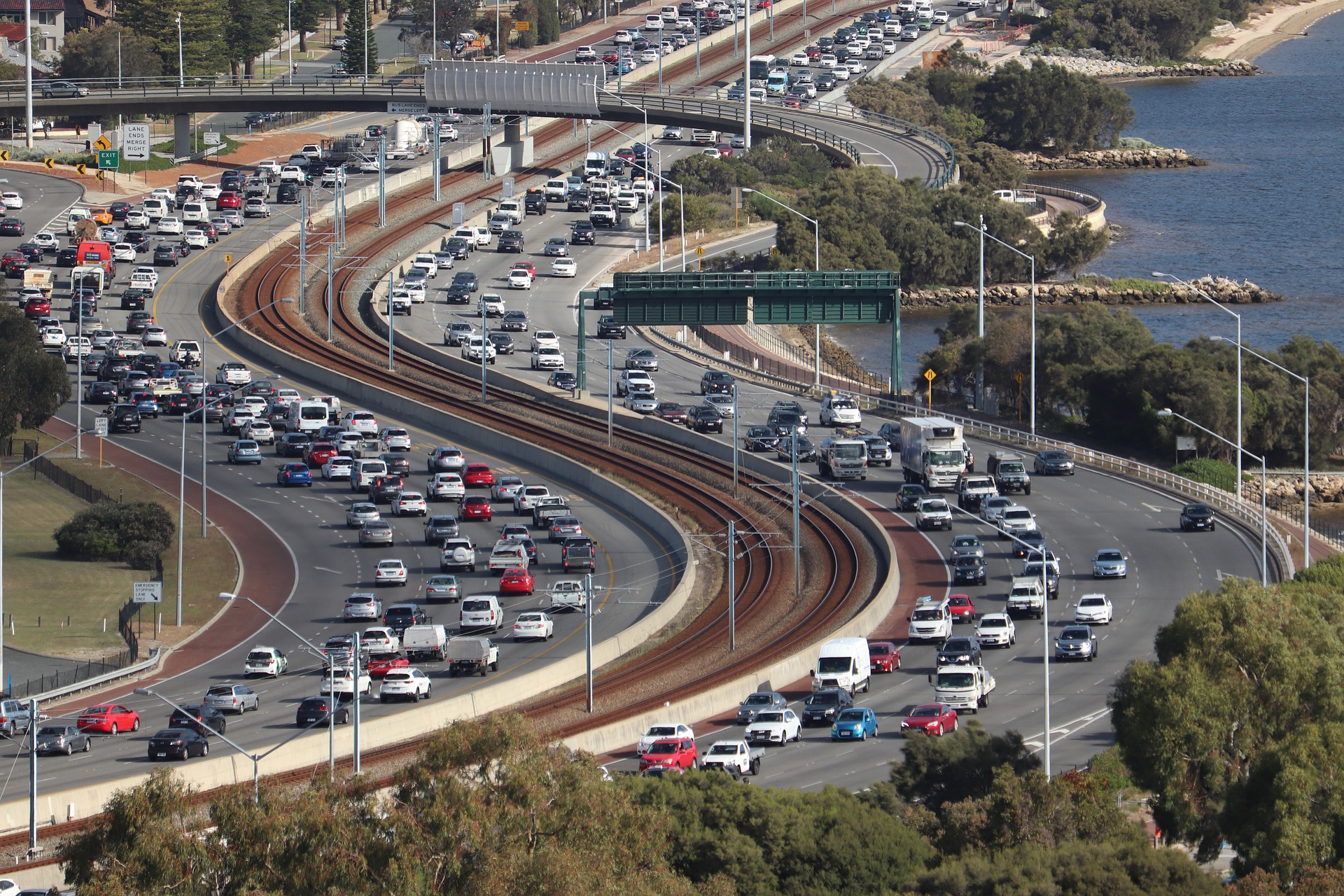
Road Emissions: Practicalities vs Ideologies
Following the well-documented UN climate action summit in New York last month, climate change and tackling environmental issues have never been heralded such high a profile. One of the issues Governments throughout the globe are looking to work on is reducing road emissions.
From low emission zones in busy city centres to grants for eco-friendly vehicles, there are a range of policies in place as a starting point.
As technologies advance in the field of electric and hybrid cars, it is clear that more funding is needed to help improve progress for eco-friendly lorries and HGVs. However, whilst these advances in technology are a reality for the future, an interesting study has shed light on the public’s unwillingness to pay a small amount for environmentally friendly deliveries today.
The study, from Barclays, has highlighted consumers’ discrepancy between environmental ideologies and the reality of their practicalities. Although respondents stated that they would be more likely to opt for companies which offer environmentally friendly delivery solutions, they would not pay for it – in fact, some highlighted that they would only be persuaded to choose these options if they were given some form of reward whilst others indicated that they fully expected retail businesses to cover the increased cost of reduced impact deliveries.
Although focusing on retailers, these opinions are a stark reminder that the everyday consumer relies heavily on and expects much from the logistics industry – but does not see it as a shared responsibility to move forward towards a climate-friendly future.
If consumers want to maintain the high-quality service, they receive from logistics providers around the country whilst pushing for more environmentally friendly options, surely this is a cost which must be shared by all – logistics providers, retailers and customers.
A shift of attitude is clearly needed here: the responsibility of preserving our planet is a task for us all, and this must be reflected in the shared cost – it is not the responsibility of one party alone.
What do you think, do you believe the cost of environmental services should be shared between everyone? Let us know your thoughts over on our Twitter page.
